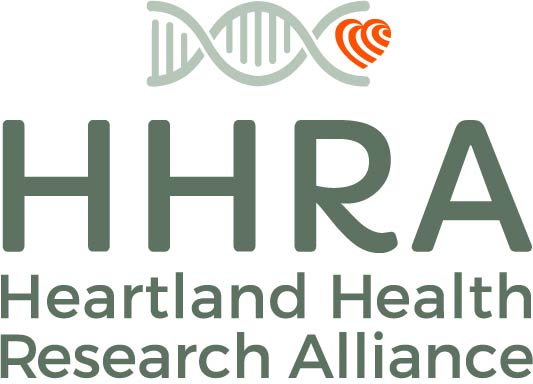de Melo, M. S., Nazari, E. M., Joaquim-Justo, C., Muller, Y. M. R., & Gismondi, E.; “Effects of low glyphosate-based herbicide concentrations on endocrine-related gene expression in the decapoda Macrobrachium potiuna;” Environmental Science and Pollution Research International, 2019, 26(21), 21535-21545; DOI: 10.1007/s11356-019-05496-1.
ABSTRACT:
Glyphosate-based herbicides (GBH) are the most used herbicides worldwide and are considered as endocrine-disrupting compounds (EDC) for non-target organisms. However, effects of GBH on their endocrine systems remain poorly understood. Thus, the aim of this study was to assess the effects of low concentrations of Roundup WG(R) on growth and reproduction process molecules in both males and females of the decapod crustacean Macrobrachium potiuna, by the relative transcript expression levels of the ecdysteroid receptor (EcR), the molt-inhibiting hormone (MIH), and the vitellogenin (Vg) genes. Prawns were exposed to three concentrations of GBH (0.0065, 0.065, and 0.28 mg L(-1)) for 7 and 14 days. The results revealed that only in males the three genes transcript levels were influenced by the GBH concentration, time of exposure, and the interaction between the concentrations and time of exposure, suggesting that males were more sensitive to GBH than females. For males, after 7 days of exposure at 0.065 mg L(-1), EcR and MIH were over-expressed, while the Vg expression was only over-expressed after 14 days. The present study highlighted that GBH impacted endocrine systems of M. potiuna. Moreover, EcR and MIH gene expressions could be promising EDC biomarkers of exposure in crustaceans. These results also indicate that GBH concentrations, considered secure by regulatory agencies, should be reviewed to minimize the effects on non-target organisms. FULL TEXT
